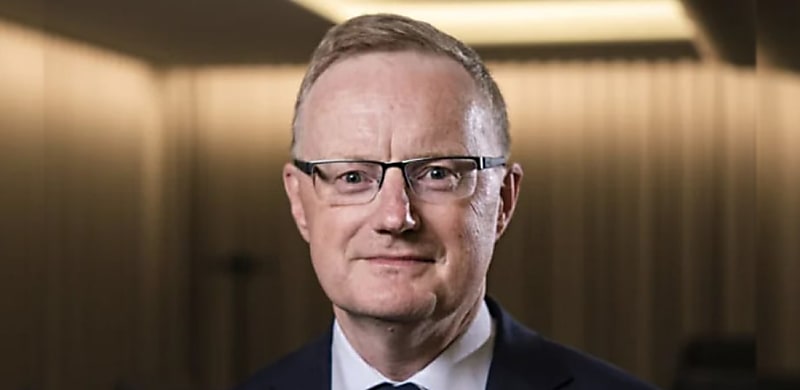
In his final address to the house economics committee as RBA governor, Philip Lowe praised brokers for their pivotal contribution in assisting borrowers.
During his appearance at the House of Representatives standing committee on economics on 11 August, marking his concluding tenure as governor, Mr Lowe reflected on his nearly two-decade career at the Reserve Bank of Australia (RBA), notably as governor since 2016.
While acknowledging his staff’s dedication to economic policy, Mr Lowe also expressed regret for not fully grasping “the implications of the pandemic a bit more”, alluding to the RBA’s assessment that interest rates would remain low until 2024.
“We didn’t fully understand the nature of the pandemic and how long it would last and what the implications would be,” he said.
“If we had, we would have had a better understanding and we would have responded differently.”
However, Mr Lowe acknowledged that the “worst is over” and the economy was rebounding.
Nevertheless, with the interest rate at 4.1 per cent and inflation hovering around 6 per cent, mortgage holders were grappling with financial pressure.
In light of this, Mr Lowe lauded the commendable efforts of mortgage brokers in providing support to Australians.
“In the lending market, brokers have played a really good role in finding people the best deal,” Mr Lowe said.
However, he observed that a similar framework was lacking in the deposit market, potentially paving the way for enhanced transparency through open banking.
Consequently, he urged all Australians to prompt competition among banks.
“I encourage you to shop around and make them work harder for your money. And some will pay you more than 5 per cent. We want the banks to compete hard for our money. And we have a role in making them compete,” Mr Lowe said.
1 million borrowers yet to roll off fixed-rate cliff
Indeed, “shopping around” for favourable terms is of paramount significance, with around 1 million mortgage borrowers yet to transition from their fixed-rate loans this year.
Mr Lowe said roughly 1 million borrowers have already transitioned from low fixed-rate loans to higher interest rate loans, with an equivalent number projected to make this shift over the next 18 months.
“We know from the banks that the million that have transitioned haven’t fallen behind on their housing loans in any greater rate than people with variable rate loans,” Mr Lowe said.
He added that spending on goods and services was relatively steady and attributed the stable transition to the widespread awareness and information dissemination within the market.
“This transition from a low fixed rate loan to a renewal rate loan, has been the most telegraphed increase in mortgage repayments ever, borrowers have known this is coming,” Mr Lowe said.
“And people – not everyone – have prepared for it.”
Additionally, he acknowledged that banks had actively engaged with clients to discuss the transition period, thereby contributing to the successful migration to higher interest rates.
However, he agreed that rate increases disproportionately affect Australians under 55 years old.
Inflation persists
Despite the challenges of higher interest rates on Australians, he reiterated that high inflation impacts far more Australians.
“High inflation is corrosive to the healthy functioning of the economy and it makes life more difficult for everybody, especially those on low incomes,” he said.
While inflation had come down from its 7.8 per cent peak, it remained high around 6 per cent in the June quarter, according to the Australian Bureau of Statistics (ABS).
“History teaches us that the end result is even higher interest rates and even greater unemployment to bring inflation back down,” he said.
“It is for these reasons that the Reserve Bank Board remains resolute in its determination to return inflation to the 2–3 per cent target range.”
Mr Lowe noted that uncertainties in the housing market will continue to impact inflation and the possibility of further rate hikes.
He explained that employment has been robustly increasing, labour force participation is at a record high, and individuals are securing more work hours. Simultaneously, housing prices are on the rise in most parts of the country, all of which are positive indicators.
However, the decline in real incomes and elevated interest payments are straining household budgets. Consumer confidence remains low, and rising rents, propelled by low vacancy rates across the nation, are adding to these challenges.
“Looking forward, it is possible that some further tightening of monetary policy will be required to ensure that inflation returns to target within a reasonable time frame,” Mr Lowe said.
As Mr Lowe prepares to step down from his position, with deputy governor Michele Bullock set to assume the role from 18 September, he expressed anticipation for “returning to be a private citizen again.”
[Related: Michele Bullock to become RBA governor]
